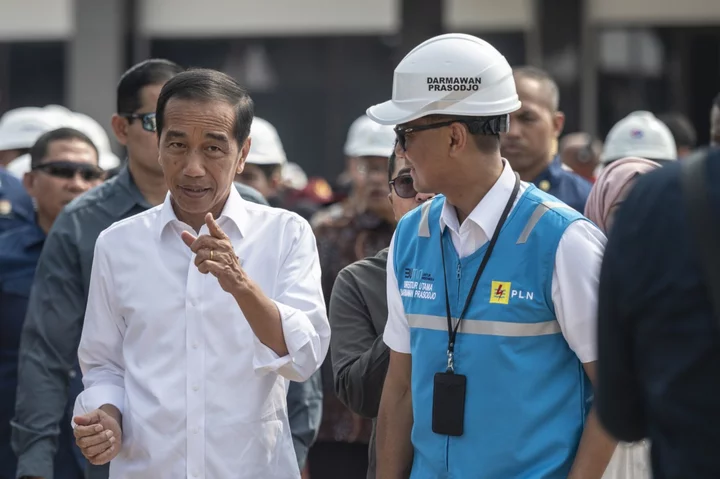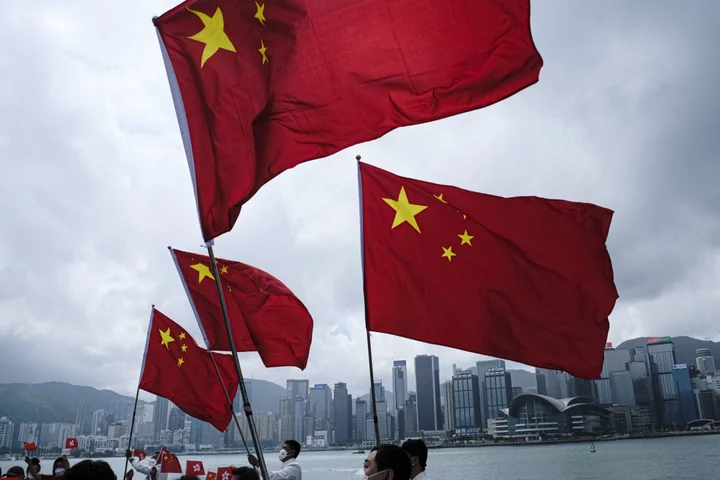Indonesia has opened a floating solar plant in West Java, part of a plan to take advantage of its reservoirs to generate more renewable electricity.
President Joko Widodo was at a ceremony to mark opening of the Cirata plant — about 100 kilometers (62 miles) west of the capital Jakarta — on Thursday. Indonesia issued a rule in July allowing as much as 20% of reservoir areas to be used for renewable energy generation.
“This is an historic day because our big dream of building a renewable energy project at large scale is finally realized,” said Jokowi, as the president is known.
Floating solar is becoming increasingly popular as a clean energy solution for countries with a lack of available land, or in locations where onshore developments face opposition. Japan, South Korea, and China are among major adopters, according to BloombergNEF.
Cirata’s initial capacity is larger than currently operating sites in Southeast Asia, though bigger facilities are currently in development in nations including Malaysia and Vietnam, BNEF data shows. It’s also smaller than existing floating solar plants elsewhere, including in China’s Anhui province.
Elsewhere in Indonesia, Sunseap Group has proposed a 2.2-gigawatt plant on a reservoir on Batam Island near Singapore, while Reposttren Holdings Pte is planning a 2-gigawatt facility in West Java.
Accelerating the energy transition has been a priority for Jokowi, with Indonesia aiming for net zero by 2060. There are about 248 reservoirs in the country that could be used to develop floating solar power plants, translating to as much as 262 gigawatts of generation capacity, according to government estimates.
There are plans to expand the Cirata plant, operated by state-owned electricity company Perusahaan Listrik Negara and Masdar, owned by the government of Abu Dhabi, to 500 megawatts, which would be the maximum allowed under the 20% rule.









